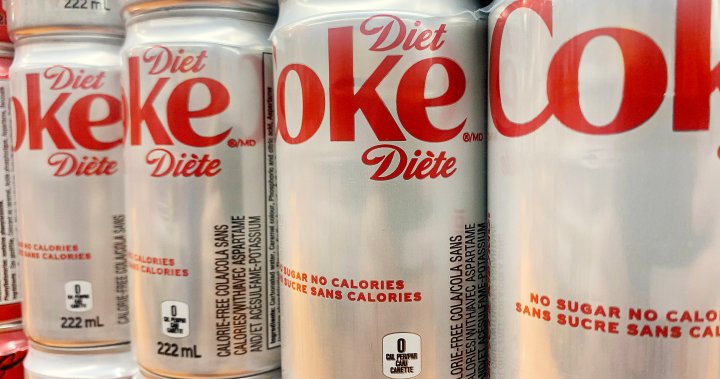According to sources familiar with the process, a leading global health organization is set to declare aspartame, one of the world’s most common artificial sweeteners, as a possible carcinogen. The International Agency for Research on Cancer (IARC), a division of the World Health Organization (WHO), will list aspartame as “possibly carcinogenic to humans” for the first time in July. The IARC’s ruling is based on a comprehensive assessment of published evidence and does not take into account safe levels of consumption.
Similar rulings by the IARC in the past have resulted in concerns among consumers, lawsuits, and pressure on manufacturers to find alternatives. The IARC’s assessments have been criticized for being confusing to the public. The WHO’s expert committee on food additives, JECFA, is also reviewing the use of aspartame and is expected to announce its findings on the same day as the IARC.
For over 30 years, JECFA has deemed aspartame safe for consumption within accepted daily limits, a view shared by national regulators. The IARC and JECFA committees’ findings are currently confidential but are said to be complementary. However, industry and regulators are concerned that holding both processes simultaneously could lead to confusion.
The IARC’s rulings can have significant impact, as seen with its classification of glyphosate as “probably carcinogenic.” Despite other bodies contesting this assessment, companies have faced repercussions. Bayer, for example, lost multiple appeals in 2021 against U.S. court verdicts that awarded damages to customers claiming their cancers were caused by its glyphosate-based weedkillers.
Critics argue that the IARC’s decisions have caused unnecessary alarm in the past, such as classifying overnight work and consuming red meat as “probably cancer-causing” and suggesting that using mobile phones is “possibly cancer-causing.” The International Sweeteners Association (ISA) has raised concerns about the IARC’s review of aspartame, stating that it is not scientifically comprehensive and relies on discredited research.
Although observational studies have shown a slight increase in cancer risk among those consuming larger amounts of artificial sweeteners, including aspartame, it remains unclear if aspartame is the direct cause. Regulators worldwide have authorized the use of aspartame based on a thorough review of available evidence, and major food and beverage companies have defended its use.
The listing of aspartame as a possible carcinogen aims to encourage further research that will help agencies, consumers, and manufacturers reach more definitive conclusions. However, it is expected to spark debate over the role of the IARC and the safety of sweeteners. The WHO recently released guidelines advising against the use of non-sugar sweeteners for weight control, causing controversy in the food industry, which believes they can be useful for reducing sugar intake.
Denial of responsibility! VigourTimes is an automatic aggregator of Global media. In each content, the hyperlink to the primary source is specified. All trademarks belong to their rightful owners, and all materials to their authors. For any complaint, please reach us at – [email protected]. We will take necessary action within 24 hours.


